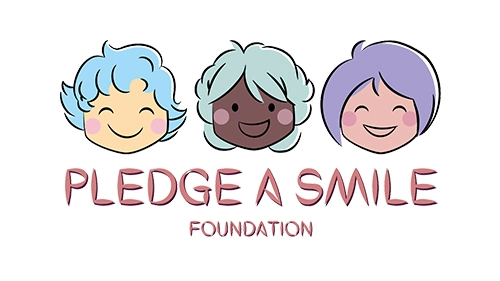“Those who do not dwell in a normal residence due to a lack of suitable accommodation, safety, and availability,” according to the Universal Declaration of Human Rights. Homelessness is a major problem that forces people to endure terrible situations such as poverty while also coping with prejudice and hostility. According to the 2011 Census, “India has more than 1.7 million homeless people, 938,384 of whom live in metropolitan areas.” This problem has existed for a long time and requires quick treatment so that these people might be free of their struggle and enjoy a dignified life.
Let’s take a look at some numbers. In India, “about 32% of the population lives in urban areas, with 26% living below the official poverty level and 40% lacking decent housing.” This shows that urban poverty is at an all-time high. In addition, according to a survey, “64 percent of the homeless in this city were born in the city itself.” Scheduled Castes, Scheduled Tribes, and Other Backward Classes account for 24% of the city’s homeless population. A Muslim minority makes up one out of every two homeless people in the city.” This reveals that most homeless people are already stigmatised, and that homelessness confines them in a life of physical and mental torment. So, what causes this?
Homelessness is most commonly caused by increased urbanisation as a result of the industrial revolution. People’s migration from rural to urban regions has raised their living standards while also making it more difficult for them to live decently. Hard talents are prevalent among the homeless, whereas the economy now wants soft skills. This imbalance in demand and supply has resulted in unemployment and, as a result, homelessness. Another key factor is the government’s forced relocation in order to carry out its initiatives. People who are displaced frequently do not receive adequate compensation and are forced to leave their homes for the greater good. Also, your social status in terms of class, caste, and religion influences how much homelessness affects you. There is a need for affirmative action since a range of circumstances, both directly and indirectly, affect them.
Despite the efforts of various non-governmental organisations (NGOs) to help the homeless, the government must step in to alleviate the issue of homelessness because they are the only ones with the funds and capacity to do so on a big scale. Government programmes such as the Housing for All Act, also known as the Pradhan Mantri Awas Yojana, are a fantastic place to start when it comes to providing shelter and raising the standard of living. Extended poverty, on the other hand, is frequently caused by poor mental health, substance misuse, alcoholism, and other factors. To keep them out of poverty, the government must offer enough mental health resources. Programs to raise awareness about social stereotypes are also necessary. To address this issue, a unified plan is required so that all citizens can find a home.
